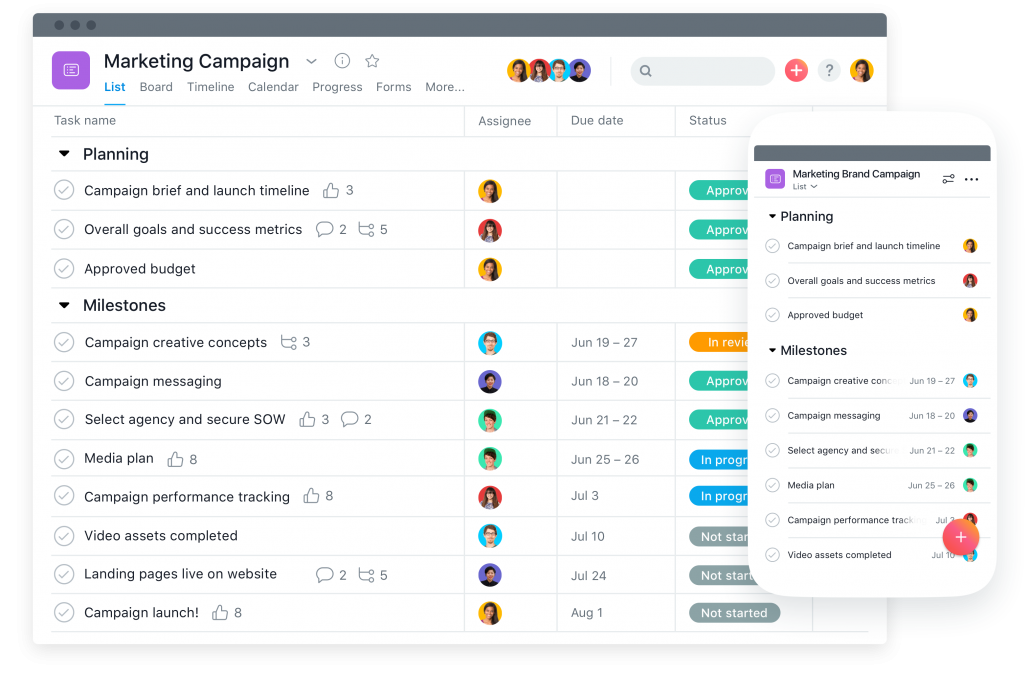Top Tips For Smashing Your ‘Virtual’ PR Placements
Written by our PR intern and university student Bridie Buckingham…
To say that Covid has impacted our lives in more ways than one would be an understatement. Just one of the (many) groups to be affected by ongoing restrictions is college and university students. Many will have been planning on embarking on placements this summer and last, but due to restrictions, many of these will have been cancelled or moved online. Below, with my experience, I’m going to go over my top tips on smashing your virtual PR placements, which can still give you some top tier industry experience.
Benefits of ‘virtual PR placements’
Placements are important for students because they provide a learning experience that cannot be taught in the classroom. Summer placements or even ‘year in industry’ placements offer students a glance into the real world. What will life be like after graduation? It’s crucial that students get this opportunity to dip their toes into the world of work before their time in education is up, as going into a career without an inkling of what it is like in real life could be a devastating reality check for some.
Not to mention, job hunting without experience is a nightmare!
With that being said, most placements have gone virtual to allow students to get that valuable experience safely during this period. For me, my internship at The Source also moved online for a period. When the Covid-19 restrictions came into play, I was no longer commuting to the office and sitting at my desk surrounded by our team, instead I was working from my bed, the sofa, the floor… Basically any quiet place I could find that day!
I was communicating with the team via email, WhatsApp, and voice notes.
It was an adjustment, to say the least, but after a few weeks of trial and error, I finally got into a rhythm that worked for me. With summer placements on the horizon, I thought now would be a good time to pass on some tips for smashing your virtual PR placements.
Tips For Virtual PR Placements
Designate a workspace
Whilst many of you will have probably been sat at a desk during your virtual PR placements, that can be difficult to do from home unless you have a home office. Even then, that space may be occupied by others living in your house. In this case, set up an area of your house to use as a workspace. Sitting down in this space sends a clear signal to your brain that it’s time to focus. This is really helpful for productivity but it’s also good for creating a good work-life balance, so you’re not working in the same place that you’re spending your free time.
Take the time to go about your normal morning routine
Eat breakfast, take a shower, and get dressed for the day. Designate some work clothes, even if it’s just a loungewear set. Try to avoid remaining in your pyjamas all day, trust me, it only makes you sleepy. If you prefer to do your hair and makeup, then go for it, looking good makes you feel good right?
Make a to-do list
Perhaps one of the most important tips for managing your virtual PR placements! If your emails are piling up with assignments, write them down. Either generate a digital schedule (Asana is a great online organisation tool) or jot it down with pen and paper and stick it in a visible place. If you’re particularly organised, you could even come up with a detailed to-do list that’s broken down into categories based on importance. Regardless, this list will be your best friend as well as your arch-nemesis. After a long day, looking at all the tasks I have completed gives me a little boost whilst also allowing me to schedule the things I didn’t manage to get through today for tomorrow, so they don’t get lost in the next morning’s influx of emails.
Collaborate with your team
Sharing ideas with each other will improve your projects and you can make new friends in the process. Most companies will set you up with a way of contacting the team, whether it’s via teams, zoom or even WhatsApp so there’s no excuse! At Source, we use Google Hangouts as well as email and of course, picking up the phone, to communicate – but different channels will work for different teams and people.
Communication is key
Remember that. Do not be afraid to ask questions. You are there to learn (and work) and they are there to help. By asking questions you not only gain extra knowledge, but you also gain the skills and information needed to complete the task. Just because you can’t ask questions face to face, doesn’t mean you should put them off. The experience gained from PR work experience is often invaluable when it comes to finding work as a postgraduate, so don’t be afraid to ask anything and everything.
Behave as you would in the office
Last but not least, don’t treat your virtual PR placements any differently than an in-person placement. You should always be timely and productive. Maintain that professional mentality.
Hopefully these tips help someone, and whilst working from home during this time may not be what you planned, you can still make the most of it. Get that experience and put it towards your future. You won’t regret it.


